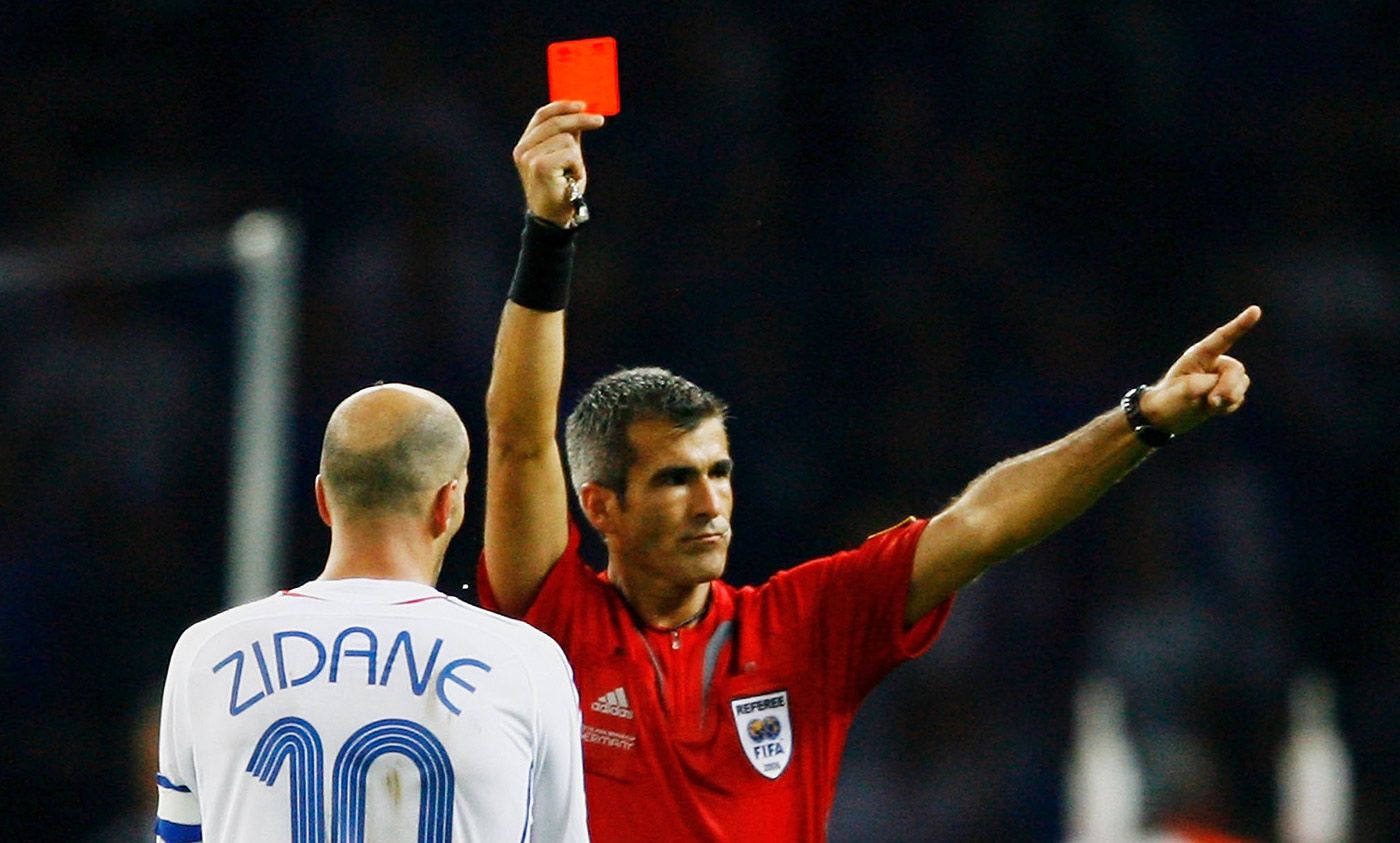Elizabeth Spiers
The New York Times - Guest Opinion
Originally posted 22 September 23
Here is an excerpt:
As a talk show host, Ms. Barrymore has been lauded in part for her empathy. She is vulnerable, and that makes her guests feel like they can be, too. But even nice people can be self-centered when they’re on the defensive. That’s what happened when people objected to the news that her show would return to production despite the writers’ strike. In a teary, rambling video on Instagram, which was later deleted, she spoke about how hard the situation had been — for her. “I didn’t want to hide behind people. So I won’t. I won’t polish this with bells and whistles and publicists and corporate rhetoric. I’ll just stand out there and accept and be responsible.” (Ms. Barrymore’s awkward, jumbled sentences unwittingly demonstrated how dearly she needs those writers.) Finally, she included a staple of the public figure apology genre: “My intentions have never been in a place to upset or hurt anyone,” she said. “It’s not who I am.”
“This is not who I am” is a frequent refrain from people who are worried that they’re going to be defined by their worst moments. It’s an understandable concern, given the human tendency to pay more attention to negative events. People are always more than the worst thing they’ve done. But it’s also true that the worst things they’ve done are part of who they are.
Somehow, Mila Kunis’s scripted apology was even worse. She and Mr. Kutcher had weathered criticism for writing letters in support of their former “That ’70s Show” co-star Danny Masterson after he was convicted of rape. Facing her public, she spoke in the awkward cadence people have when they haven’t memorized their lines and don’t know where the emphasis should fall. “The letters were not written to question the legitimacy” — pause — “of the judicial system,” she said, “or the validity” — pause — “of the jury’s ruling.” For an actress, it was not a very convincing performance. Mr. Kutcher, who is her husband, was less awkward in his delivery, but his defense was no more convincing. The letters, he explained, were only “intended for the judge to read,” as if the fact that the couple operated behind the scenes made it OK.
Here are my observations about the main theme of this article:
Miller argues that many celebrity apologies fall short because they are not sincere. She says that they often lack the essential elements of a good apology: acknowledging the offense, providing an explanation, expressing remorse, and making amends. Instead, many celebrity apologies are self-serving and aimed at salvaging their public image.
Miller concludes by saying that if celebrities want their apologies to be meaningful, they need to be honest, take responsibility for their actions, and show that they are truly sorry for the harm they have caused.
I would also add that celebrity apologies can be difficult to believe because they often follow a predictable pattern. The celebrity typically issues a statement expressing their regret and apologizing to the people they have hurt. They may also offer a brief explanation for their behavior, but they often avoid taking full responsibility for their actions. And while some celebrities may make amends in some way, such as donating to charity or volunteering their time, many do not.
As a result, many people are skeptical of celebrity apologies. They see them as nothing more than a way for celebrities to save face and get back to their normal lives. This is why it is so important for celebrities to be sincere and genuine when they apologize.

